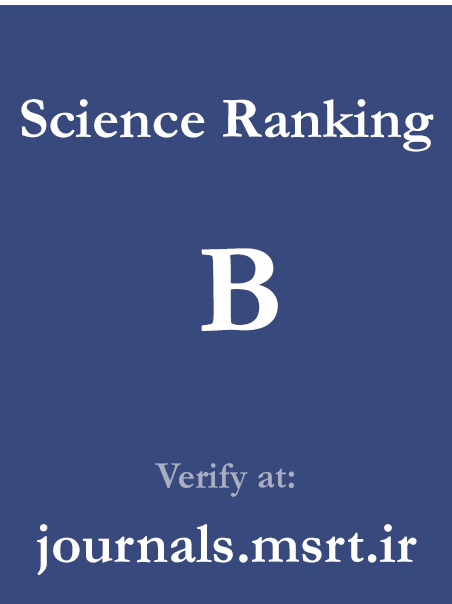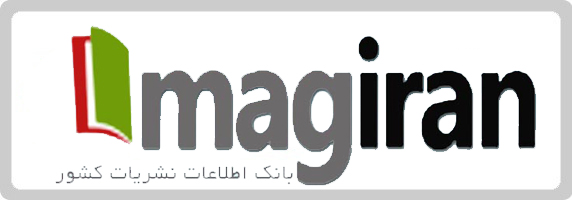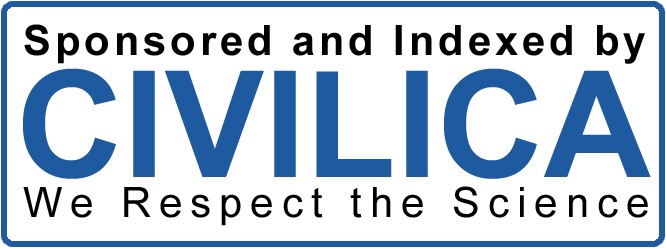Qualitative Analysis of Instructional Strategies That Integrate Assessment and Learning Goals
Keywords:
assessment integration, formative assessment, instructional strategies, learning goals, qualitative research, teacher practices, curriculum alignmentAbstract
This study aimed to explore the instructional strategies employed by teachers to effectively integrate
assessment with learning goals in classroom practice. A qualitative research design was adopted using
semi-structured interviews with 14 educators from secondary and higher education institutions in
Tehran. Participants were purposefully selected based on their involvement in curriculum design and
assessment practices. Data were collected until theoretical saturation was achieved. All interviews were
transcribed verbatim and analyzed using thematic analysis, assisted by NVivo software. Thematic coding
focused on identifying patterns related to pedagogical alignment, student-centered strategies, and
institutional enablers of integration. Three overarching themes emerged from the data: pedagogical
alignment, learner-centered strategies, and institutional and contextual enablers. Participants reported
aligning assessments with clearly defined learning objectives through backward design, embedded
checkpoints, and continuous monitoring. They also emphasized student agency through co-construction
of goals, feedback for growth, and peer assessment. Additionally, professional development, supportive
leadership, and collaborative school cultures were identified as essential for sustaining integrated
practices. Teachers highlighted the challenges of rigid curriculum mandates and limited resources but
demonstrated a strong commitment to formative, responsive assessment practices tailored to student
needs. The findings highlight the pedagogical depth with which teachers approach the integration of
assessment and learning goals. Effective alignment relies not only on technical assessment design but
also on reflective instructional planning and institutional support. The study underscores the importance
of professional development, leadership engagement, and collaborative environments in enabling
sustainable formative assessment practices. These insights contribute to a deeper understanding of
assessment as a dynamic instructional tool that fosters student learning and engagement.
Downloads
References
Bennett, R. E. (2011). Formative assessment: A critical review. Assessment in Education: Principles, Policy & Practice, 18(1), 5–25.
https://doi.org/10.1080/0969594X.2010.513678
Biggs, J. (1996). Enhancing teaching through constructive alignment. Higher Education, 32(3), 347–364.
https://doi.org/10.1007/BF00138871
Black, P., & Wiliam, D. (2009). Developing the theory of formative assessment. Educational Assessment, Evaluation and Accountability,
21(1), 5–31. https://doi.org/10.1007/s11092-008-9068-5
Brookhart, S. M. (2011). Educational assessment knowledge and skills for teachers. Educational Measurement: Issues and Practice, 30(1),
3–12. https://doi.org/10.1111/j.1745-3992.2010.00195.x
Carless, D. (2007). Learning‐oriented assessment: Conceptual bases and practical implications. Innovations in Education and Teaching
International, 44(1), 57–66. https://doi.org/10.1080/14703290601081332
Cowie, B., & Bell, B. (1999). A model of formative assessment in science education. Assessment in Education: Principles, Policy & Practice,
6(1), 101–116. https://doi.org/10.1080/09695949993026
Darling-Hammond, L., & Adamson, F. (Eds.). (2014). Beyond the Bubble Test: How Performance Assessments Support 21st Century
Learning. Jossey-Bass.
DeLuca, C., LaPointe-McEwan, D., & Luhanga, U. (2016). Teacher assessment literacy: A review of international standards and measures.
Educational Assessment, Evaluation and Accountability, 28(3), 251–272. https://doi.org/10.1007/s11092-015-9233-6
DeLuca, C., Chavez, T., Bellara, A., & Cao, C. (2012). Pedagogies for assessment: A framework for assessing student learning. Teaching
and Teacher Education, 28(7), 930–938. https://doi.org/10.1016/j.tate.2012.04.014
Hattie, J., & Timperley, H. (2007). The power of feedback. Review of Educational Research, 77(1), 81–112.
https://doi.org/10.3102/003465430298487
Heritage, M. (2007). Formative assessment: What do teachers need to know and do? Phi Delta Kappan, 89(2), 140–145.
https://doi.org/10.1177/003172170708900210
Heritage, M. (2010). Formative assessment: Making it happen in the classroom. Corwin Press.
Volume 2, Issue 1
9
Lee, I. (2011). Assessment for learning: A compelling conceptualization. English Language Teaching Journal, 65(4), 349–358.
https://doi.org/10.1093/elt/ccr007
Marshall, B., & Drummond, M. J. (2006). How teachers engage with assessment for learning: Lessons from the classroom. Research Papers
in Education, 21(2), 133–149. https://doi.org/10.1080/02671520600615638
Messick, S. (1994). The interplay of evidence and consequences in the validation of performance assessments. Educational Researcher,
23(2), 13–23. https://doi.org/10.3102/0013189X023002013
Popham, W. J. (2008). Transformative assessment. ASCD.
Sadler, D. R. (1989). Formative assessment and the design of instructional systems. Instructional Science, 18(2), 119–144.
https://doi.org/10.1007/BF00117714
Shepard, L. A. (2000). The role of assessment in a learning culture. Educational Researcher, 29(7), 4–14.
https://doi.org/10.3102/0013189X029007004
Stiggins, R. J. (2005). From formative assessment to assessment FOR learning: A path to success in standards-based schools. Phi Delta
Kappan, 87(4), 324–328. https://doi.org/10.1177/003172170508700414
Wiliam, D. (2011). Embedded formative assessment. Solution Tree Press.
Wylie, C., & Lyon, C. (2015). Using formative assessment to enhance learning, achievement, and academic self-regulation. Routledge.
Downloads
Published
Submitted
Revised
Accepted
Issue
Section
License

This work is licensed under a Creative Commons Attribution-NonCommercial 4.0 International License.




